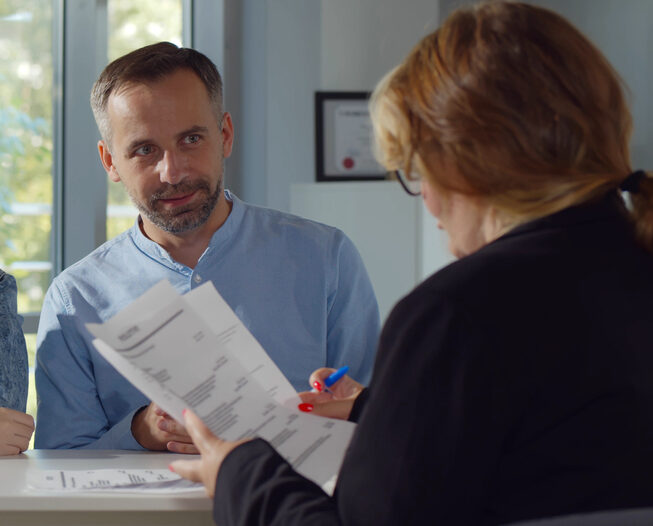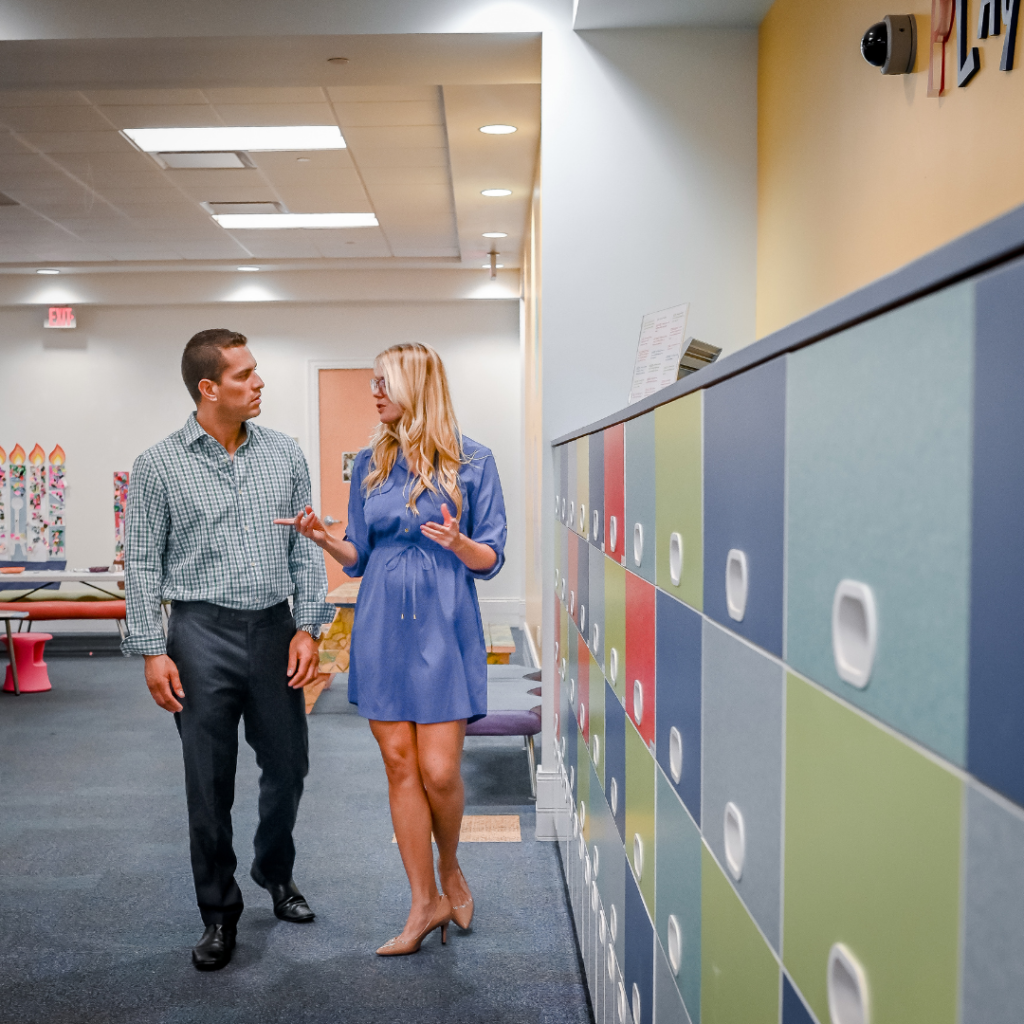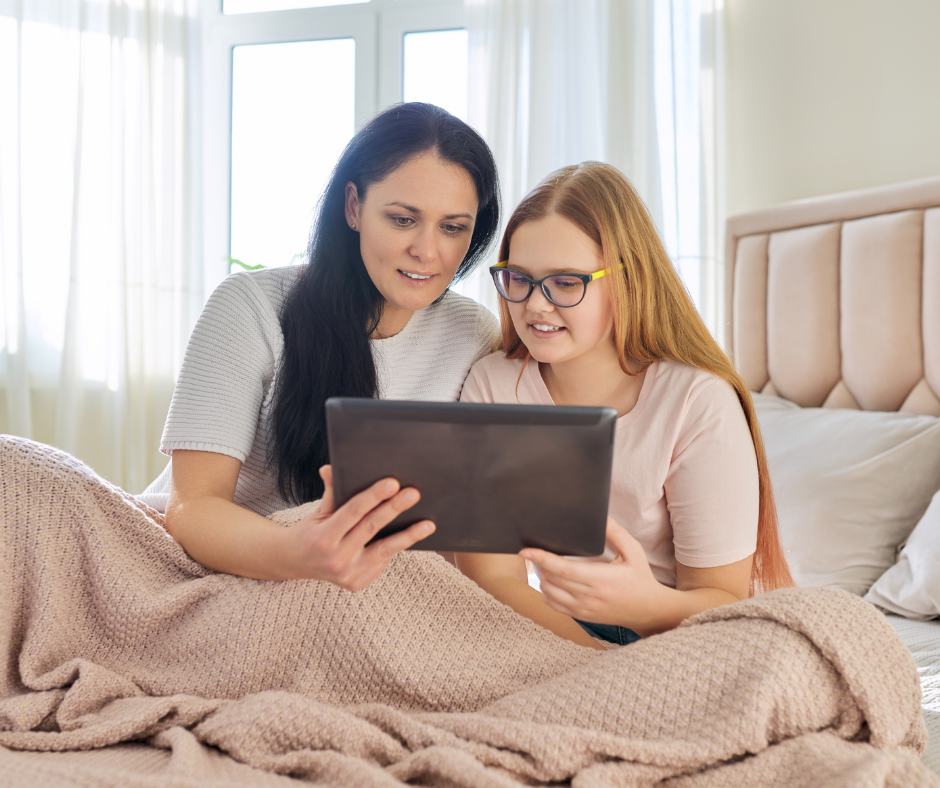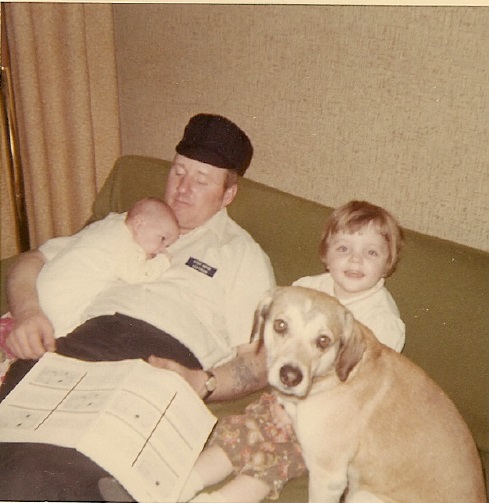The three most important sections of the IEP (Individualized Education Plan) meeting are:
- Goals
- Accommodations and/or modifications
- The amount of time your child receives services (and the details of how and where those services will be delivered).
So, the questions to ask and have answered are:
- What are the goals and benchmarks for the IEP?
- Ask them to explain any vocabulary or acronyms that you are not familiar with.
- How do you communicate to the parents/home if the benchmarks are not being met?
- Who will be doing the instruction directed toward the goals?
- Will the instruction be delivered in a small group or in the classroom?
- If it’s a group setting, try to learn more about the group and determine if your child would be a good fit for inclusion in it.
- How much time will my child be given for each learning challenge?
By staying proactive and well-informed, you can better collaborate closely with educators to create a nurturing and successful learning environment for your child. Developing a strong partnership with your child’s educators ensures that their needs are met effectively and efficiently.
When you know which questions to ask and remain engaged, you can help tailor the educational experience to best support your child’s unique abilities and challenges.
For a helpful shortcut to win the back-to-school season, check out this template for getting in touch with your student’s teacher! Establishing a dialogue with your child’s teachers can provide valuable insights and strengthen the support network around your child, fostering an environment where they can thrive academically and grow throughout the school year.
P.S. Watch this video for even more questions to consider asking at your next IEP meeting.






